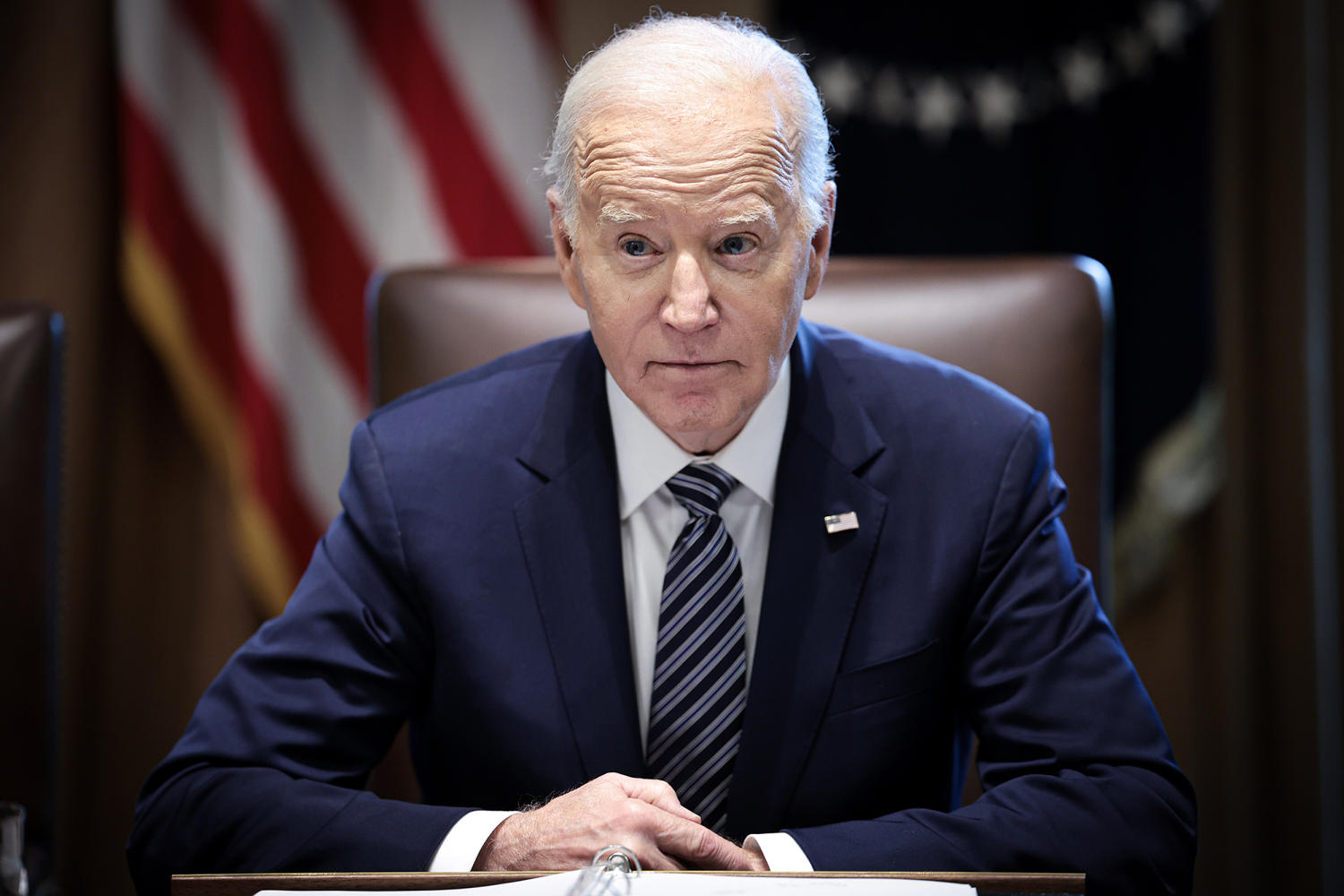Biden asserts executive privilege in Robert Hur’s classified documents probe


WASHINGTON — President Joe Biden has asserted executive privilege over an audio recording of his interview with special counsel Robert Hur, the Republican federal prosecutor who declined to recommend charges against the president over his handling of classified documents.
White House counsel Ed Siskel notified Reps. James Comer and Jim Jordan of the decision in a letter on Thursday. The decision came after Attorney General Merrick Garland recommended that Biden assert executive privilege.
“It is the longstanding position of the executive branch held by administrations of both parties that an official who asserts the President’s claim of executive privilege cannot be prosecuted for criminal contempt of Congress,” Justice Department official Carlos Felipe Uriarte wrote in a letter to Jordan, of Ohio, the chair of the House Judiciary Committee, and Comer, of Kentucky, chair of the House Oversight and Accountability Committee.
Garland wrote in a separate letter to Biden that the audio recordings of his interview “fall within the scope of executive privilege,” and that giving the recordings to Congress “would raise an unacceptable risk of undermining the Department’s ability to conduct similar high-profile criminal investigations — in particular, investigations where the voluntary cooperation of White House officials is exceedingly important.”
Hur wrote in his report that one reasons not to bring a case against Biden is that the president would be sympathetic to a jury and could portray himself as an “elderly man with a poor memory.” Biden defended his memory, and Garland later said it would be “absurd” for him to have tried to block Hur’s language about the president’s memory.
House Republicans have been using their bully pulpit to undermine the criminal prosecutions of Donald Trump, the presumptive Republican nominee, and to attack Biden ahead of their 2024 election rematch.







